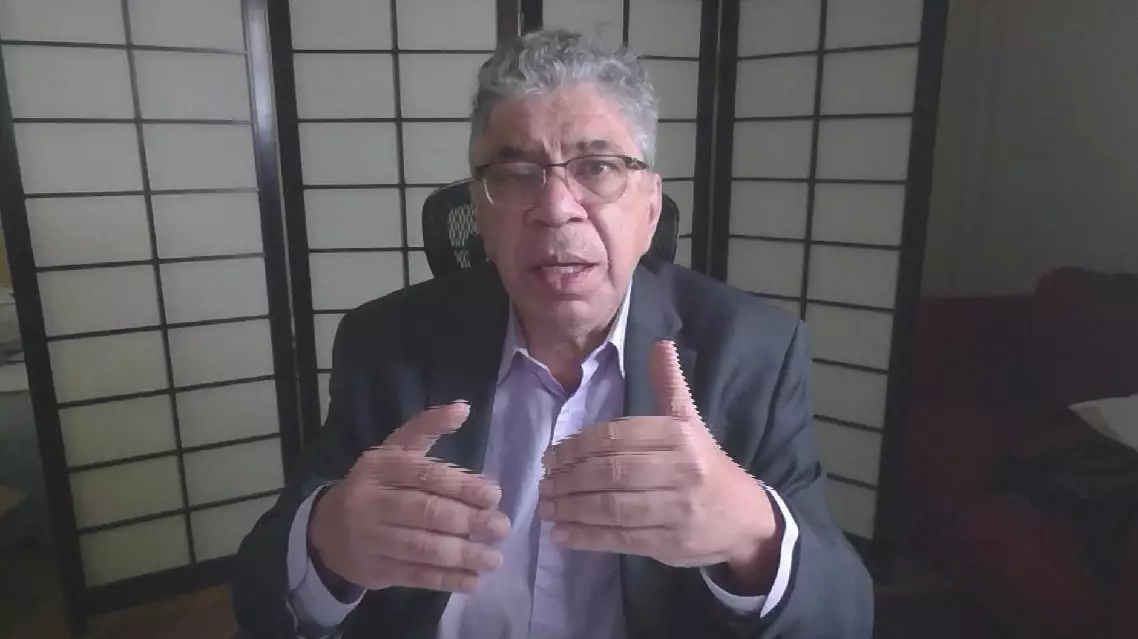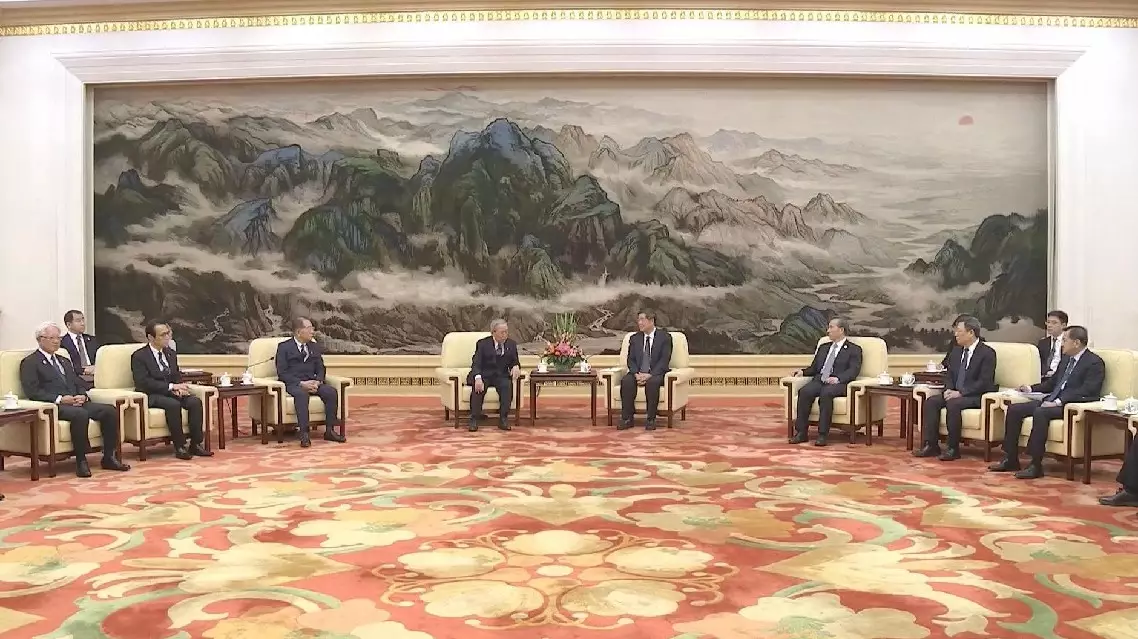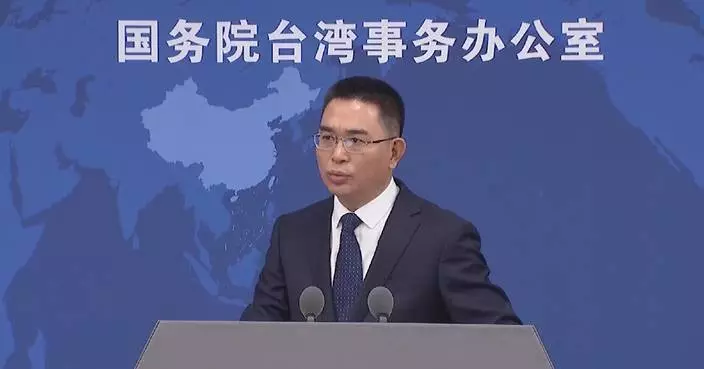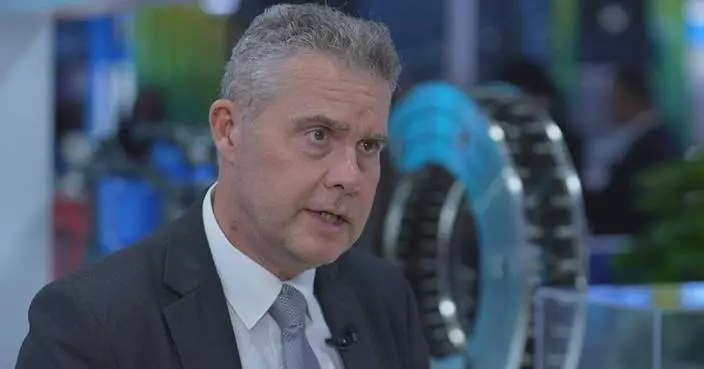The BRICS mechanism has enabled member countries to enhance their roles in global governance and increase their "bargaining power" on the world stage among international institutions amid a "reformulation" of the global order, according to a former vice president of the World Bank.
Brazilian economist Otaviano Canuto, also a senior fellow at the Policy Center for the New South, shared his expectations on the potential outcomes of the ongoing 16th BRICS Summit, which is being held in Russia's Kazan City from Tuesday to Thursday, in a recent interview with the China Global Television Network (CGTN).
Canuto highlighted the notable results BRICS has achieved based on his experience working as a senior advisor during his tenure at the World Bank.
"When it was created in 2009 and then joined by South Africa in 2010, the idea was mostly to reinforce collectivity, the bargaining power of the constituent countries, their voice in the inevitable reformulation, reorganization of multilateral institutions and it worked well in the sense that all of the BRICS countries managed to obtain a higher share of capital of the World Bank, for instance, as well as higher shares of the quotas of the IMF," he said.
Canuto also noted how BRICS went further through the establishment of the New Development Bank (NDB), which was jointly established in Shanghai by BRICS members in 2014 to mobilize resources for infrastructure and sustainable development projects in emerging market economies.
"There is also currency sharing arrangement that is not a substitute to the IMF, but it adds to other forms of cooperation among countries sharing reserves," he said.
The NDB has, since its launch, invested nearly 35 billion U.S. dollars in sectors such as clean energy and energy efficiency, transportation infrastructure, water resources and sanitation, and digital infrastructure, playing a positive role in improving global economic governance.

BRICS helps members enhance roles in global governance: former World Bank deputy head









